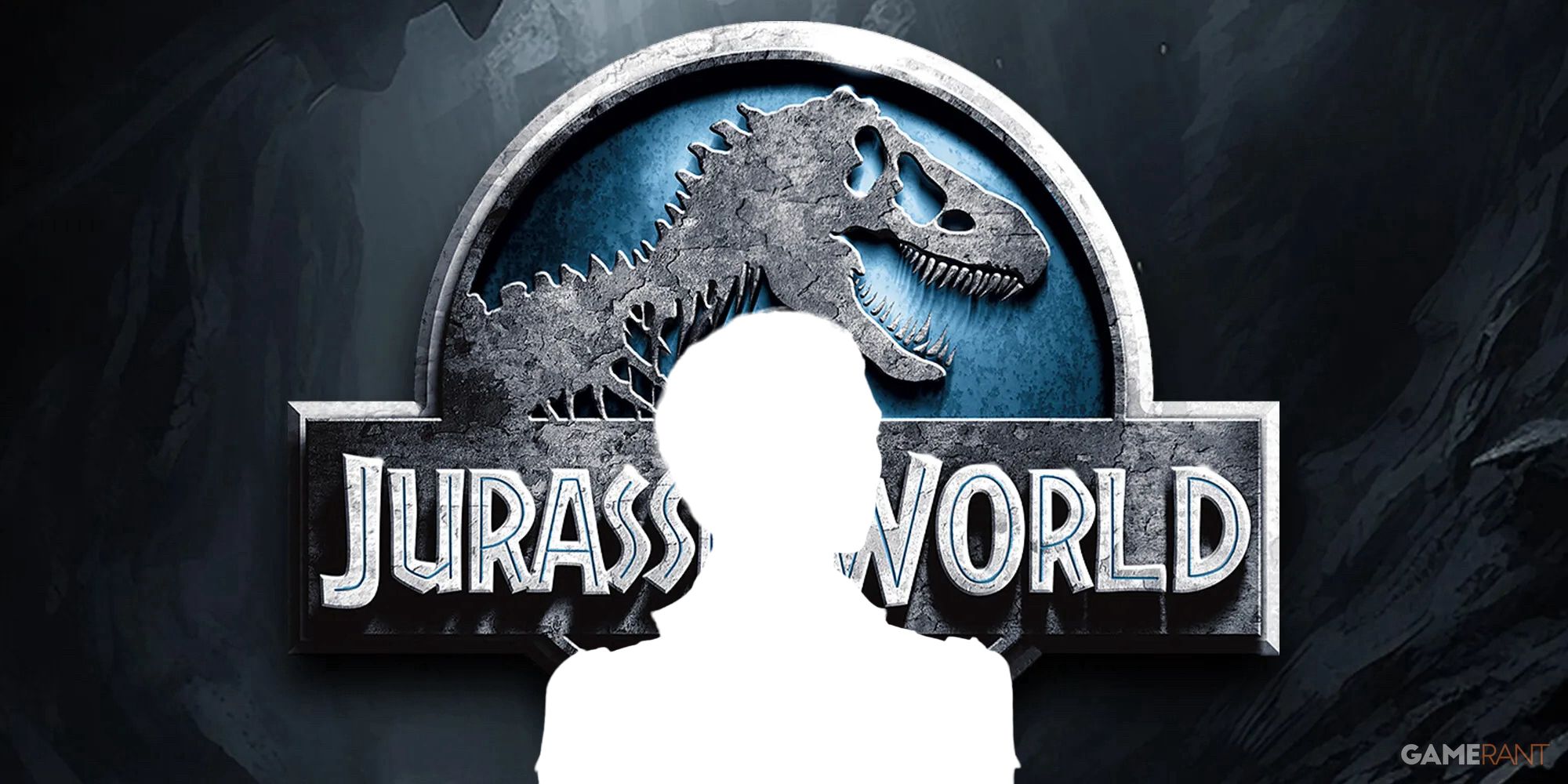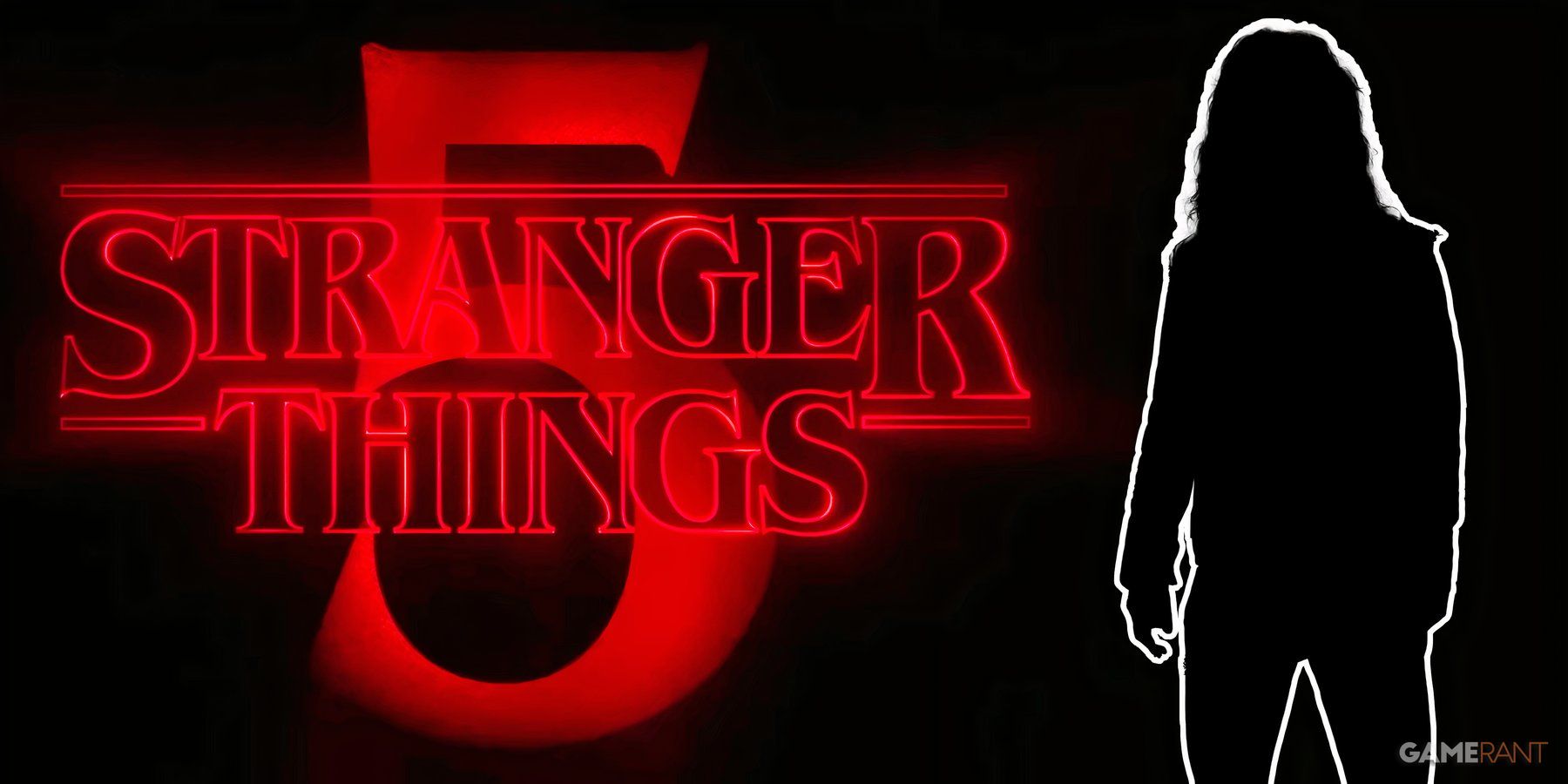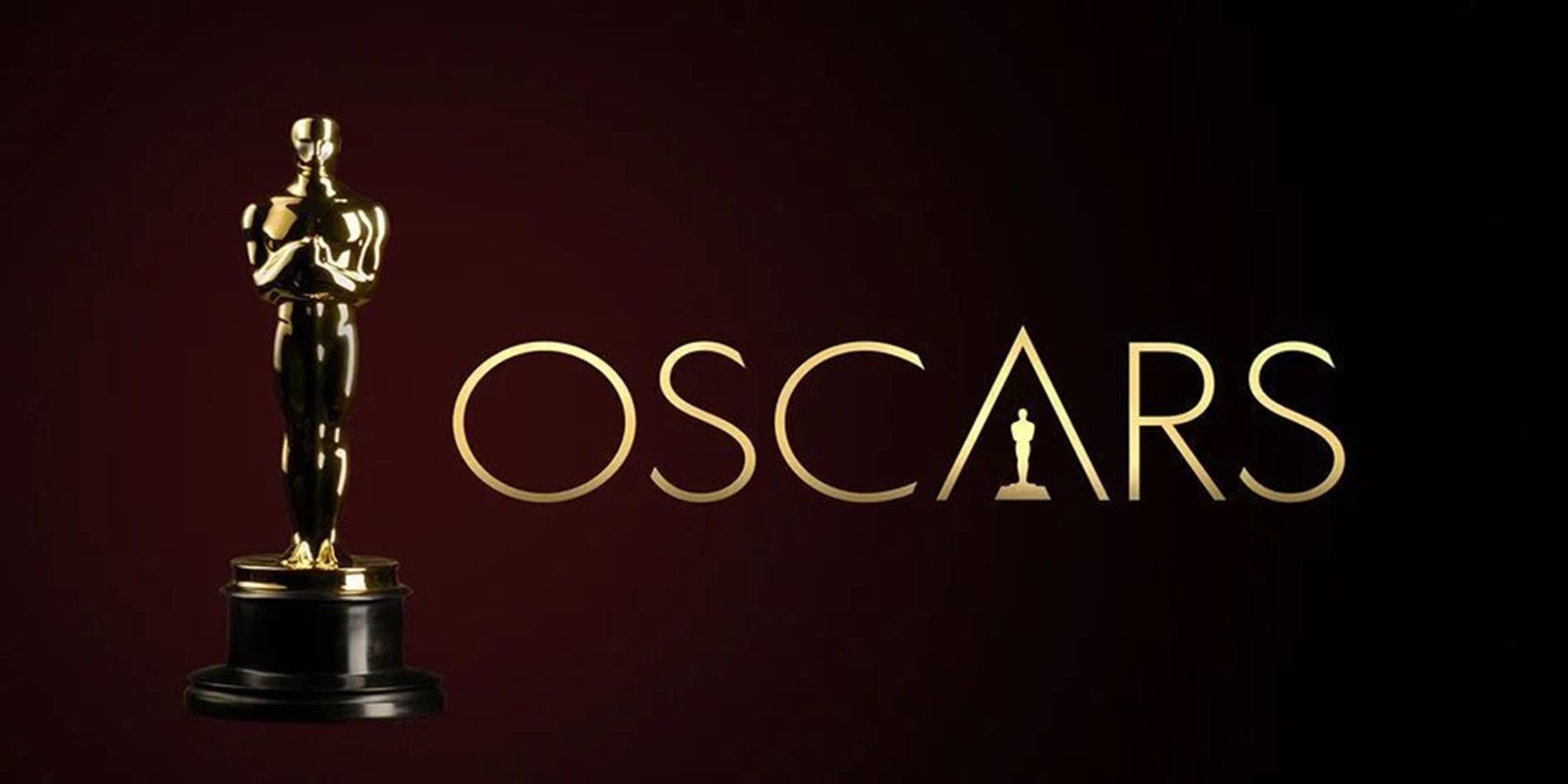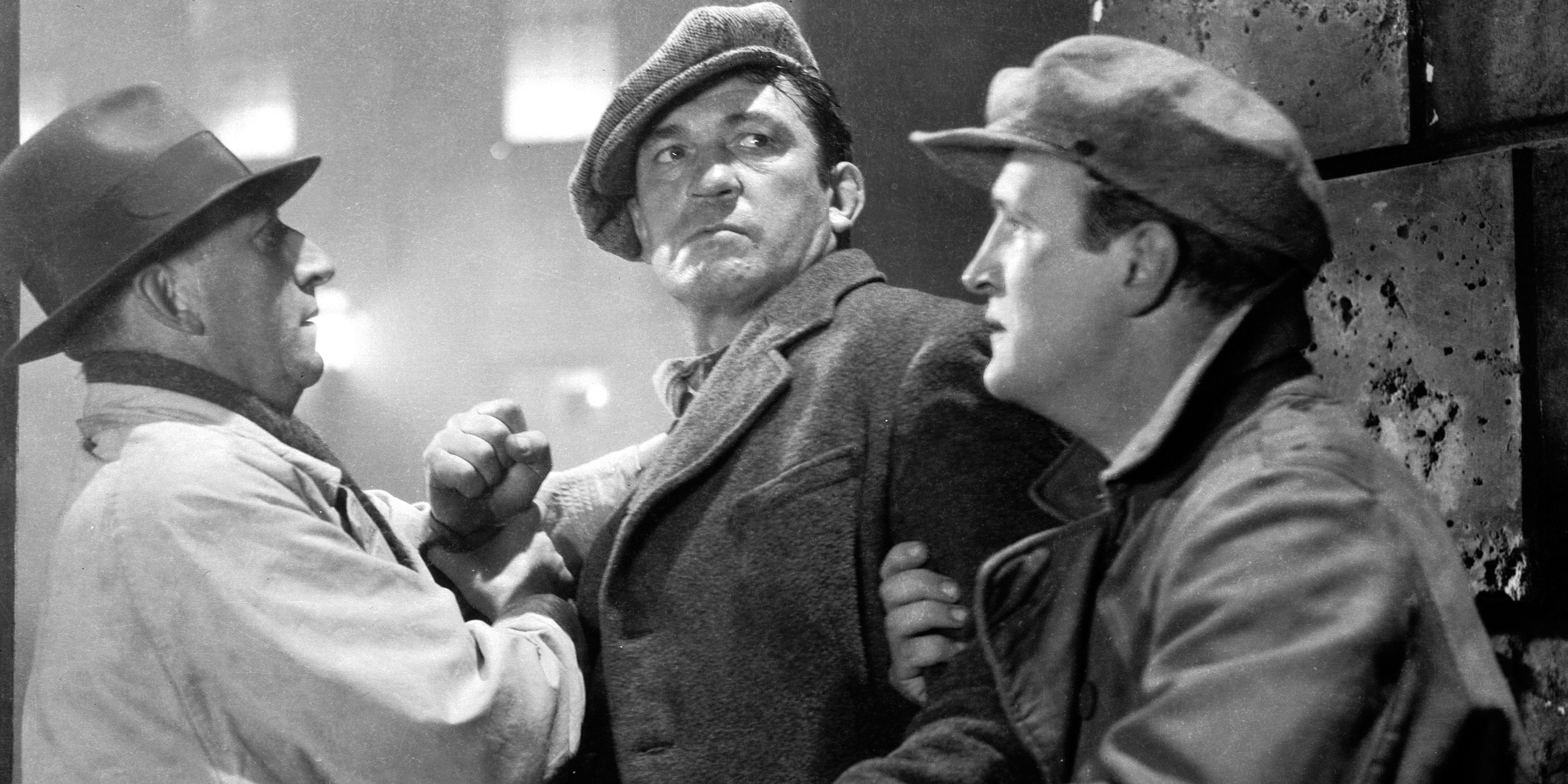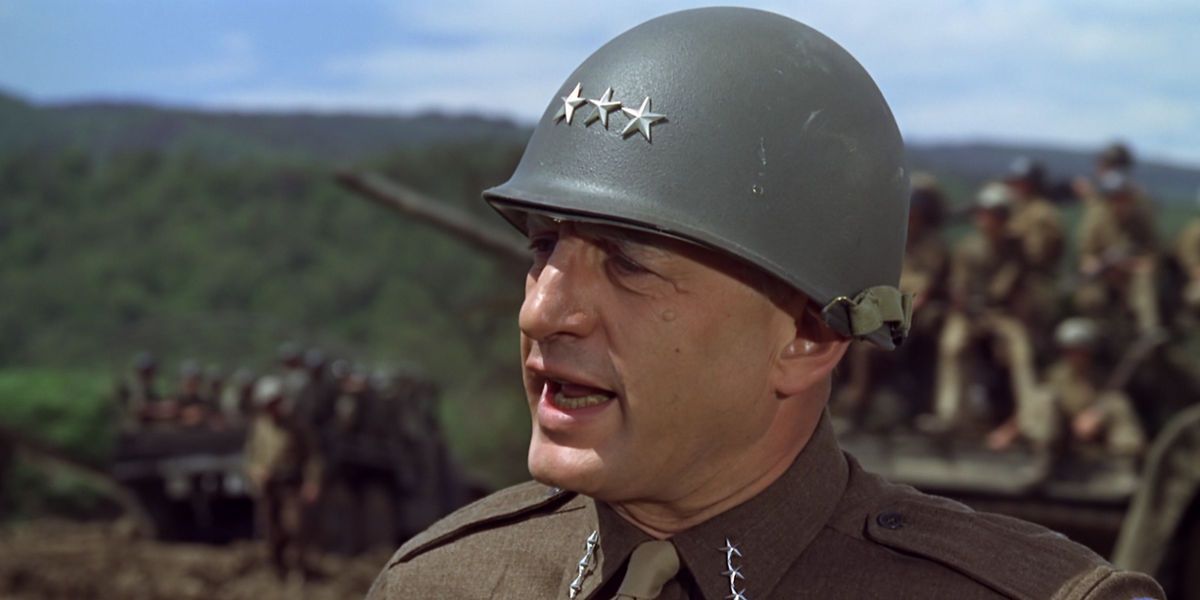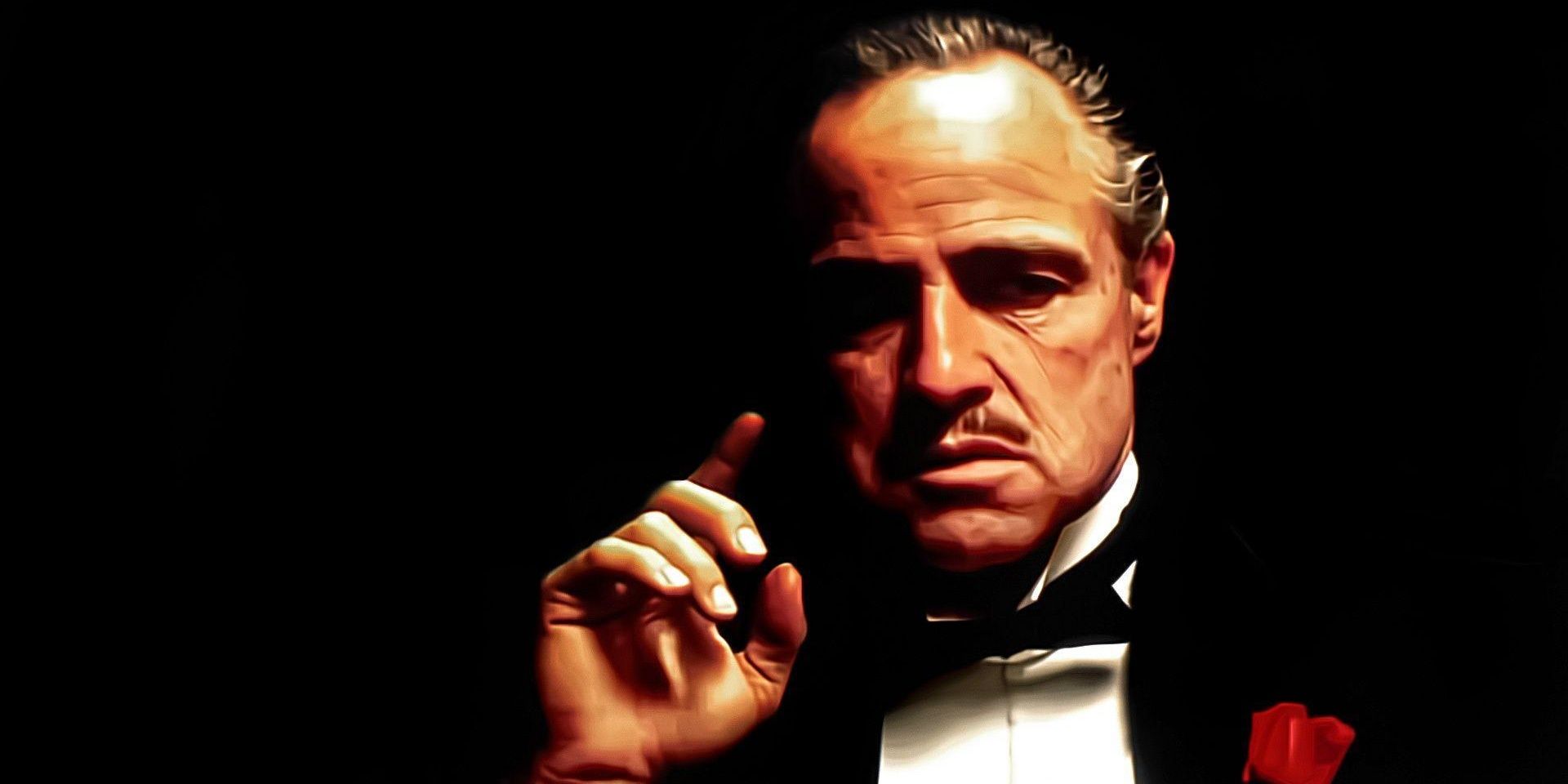For more than nine decades, the Oscars have been the most celebrated awards ceremony in Hollywood. With around 10,000 members in the Academy of Motion Picture Arts and Sciences, the industry’s best and brightest are voted for each year to receive the iconic gold statuette. While it may have shunned a few deserving celebrities over the years, the Oscars still remains the highest honor anyone in the film business could get — anyone, but with a few rare exceptions.
Although there have been a few instances when some winners were unable to receive their award at the ceremony due to scheduling conflicts or other such genuine issues, there have been three people who outright refused their Oscar.
Dudley Nichols
Brando and Scott may be the more prominent celebrities to refuse their awards, but Dudley Nichols was actually the first person to ever turn down an Oscar. Nichols was a highly acclaimed screenwriter during the Golden Age of Hollywood. Some of his most notable works include Bringing Up Baby (1938), For Whom the Bell Tolls (1943), And Then There Were None (1945), among many others.
He had also penned down John Ford’s masterpiece in 1935, The Informer. Adapted from Liam O'Flaherty’s novel of the same name, it was set during the Irish War of Independence in 1922. The movie went on to win four Oscars at the 8th Academy Awards for Best Director, Best Actor, Best Score and Best Writing Screenplay (for which Nichols was nominated).
However, he declined the award, citing an ongoing writer’s strike as his reason, along with the Academy’s lack of acknowledgment for the Screen Writers’ Guild, which was built to elevate, promote and preserve the history and craft of screenwriting. The Academy tried to mail the award to him twice afterwards, only for him to return it each time.
His boycott eventually contributed to his cause a few years later. The National Labor Relations Board awarded certification to the Screen Writers’ Guild in 1938, recognizing it as the official representative of writers in the industry. That is when Nichols relented and finally accepted the award, as reported by the American Film Institute. He attended the ceremony that very year to collect his award (which Brando and Scott never did). He was nominated three more times later on, and he went on to become the President of the Writers Guild of America as well.
George C. Scott
Known for his strong charisma and performance, George C. Scott’s quiet, dominating on-screen presence earned him many accolades during the course of his career. Some of his best-known roles include General Buck Turgidson in Dr. Strangelove Or: How I Learned to Stop Worrying and Love the Bomb (1964) and Lieutenant General George S. Patton in the epic biographical war film Patton (1970).
Scott had previously been nominated twice for Best Supporting Actor — for his roles in Anatomy of a Murder (1959) and The Hustler (1961) — but Patton earned him his first nomination for Best Actor.
His refusal of the award was not unexpected as his disdain for the Academy was publicly known. However, he went on to win the award that year. His absence was even more pronounced as the Oscars were being questioned for their credibility and relevance during that period, especially since it was the first time the ceremony was being broadcast on television.
While Frank McCarthy, the producer of Patton, accepted the award on his behalf, Scott stayed at home that night on his farm in upstate New York and watched a hockey game instead. The Oscar was returned to the Academy the next day, and eventually wound up at the George C. Marshall Foundation Library in the Virginia Military Institute. It is still on display there today.
Despite the point-blank refusal, he was nominated for Best Actor again for his work in The Hospital the very next year.
Marlon Brando
With his slurred speech, brooding looks and magnetic presence on-screen, Marlon Brando is regarded as one of the greatest actors of his generation. However, his career faced a slump in the 60s — that is, until he was offered The Godfather (1972), the first installment of one of the best trilogies of all time. This timeless classic, based on the best-selling novel by Mario Puzo, revived his career as he delivered one of his most memorable performances as Mafia chieftain Vito Corleone. The film earned 9 nominations at the 45th Academy Awards, and went on to win in the categories of Best Picture, Best Actor and Best Adapted Screenplay.
Brando had previously received 5 Oscar nominations for Best Actor, out of which he won for On the Waterfront (1954) — an award that he had accepted graciously. However, when he was a favorite to win for The Godfather, he not only failed to show up at the ceremony but sent the actress and activist Sacheen Littlefeather in his place with a prepared speech instead. His refusal of the award was to steer attention towards the occupation of a place called Wounded Knee, which had occurred a month before the ceremony. This town in South Dakota had been seized by followers of the American Indian Movement (AIM) for 71 days.
When Brando’s name was announced by presenter Roger Moore, Littlefeather — complete in a traditional Apache dress — came on stage and delivered one of the most noteworthy speeches made at the Oscars. She stated that Brando “very regretfully” could not accept the award due to Hollywood’s false and racist portrayals of Native Americans in movies. One of the show’s producers had allegedly threatened to have her removed from the stage and arrested if her speech lasted for over a minute. As a result, she could not read out the 15 pages that Brando had given her (which was later read out in full to the press), and improvised instead.
Her speech was met with both applause and booing from the audience, and it was rumored that John Wayne had to be held back by six men behind the stage, to prevent him from assaulting Littlefeather. Afterwards, the Academy set up a new rule that proxy speeches by the winners will not be allowed in the future. There was also an investigation of Littlefeather's ancestry, and it was discovered that she was not actually Apache. She never worked as an actress again.
Later, Brando mentioned in an interview that he was “distressed” by the audience’s response at the Oscars, but did not regret shedding light on the issue: “I don’t think that people generally realize what the motion picture industry has done to the American Indian and, as a matter of fact, all ethnicities, all minorities, all non-whites”.
It is unclear what happened to Brando’s Oscar but, as the story goes, Moore apparently brought it to a few post-Oscar parties before bringing it home. It was eventually returned to the Academy, and was given to Charlie Chaplin at some point to replace a damaged Oscar. No other winner has refused the Oscar since Brando — but that is not to say that there were not any bizarre moments at the Oscars in all this time.


